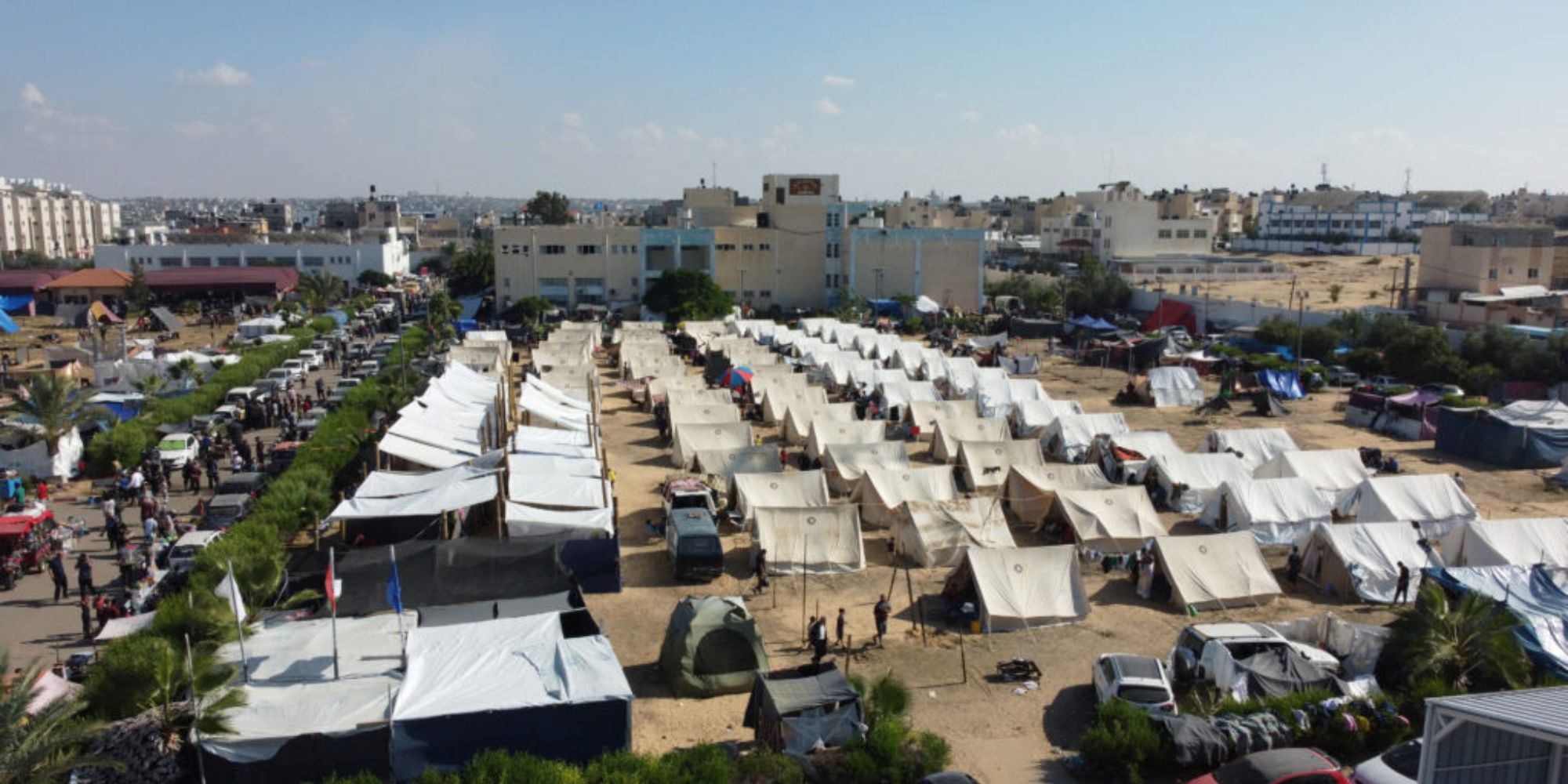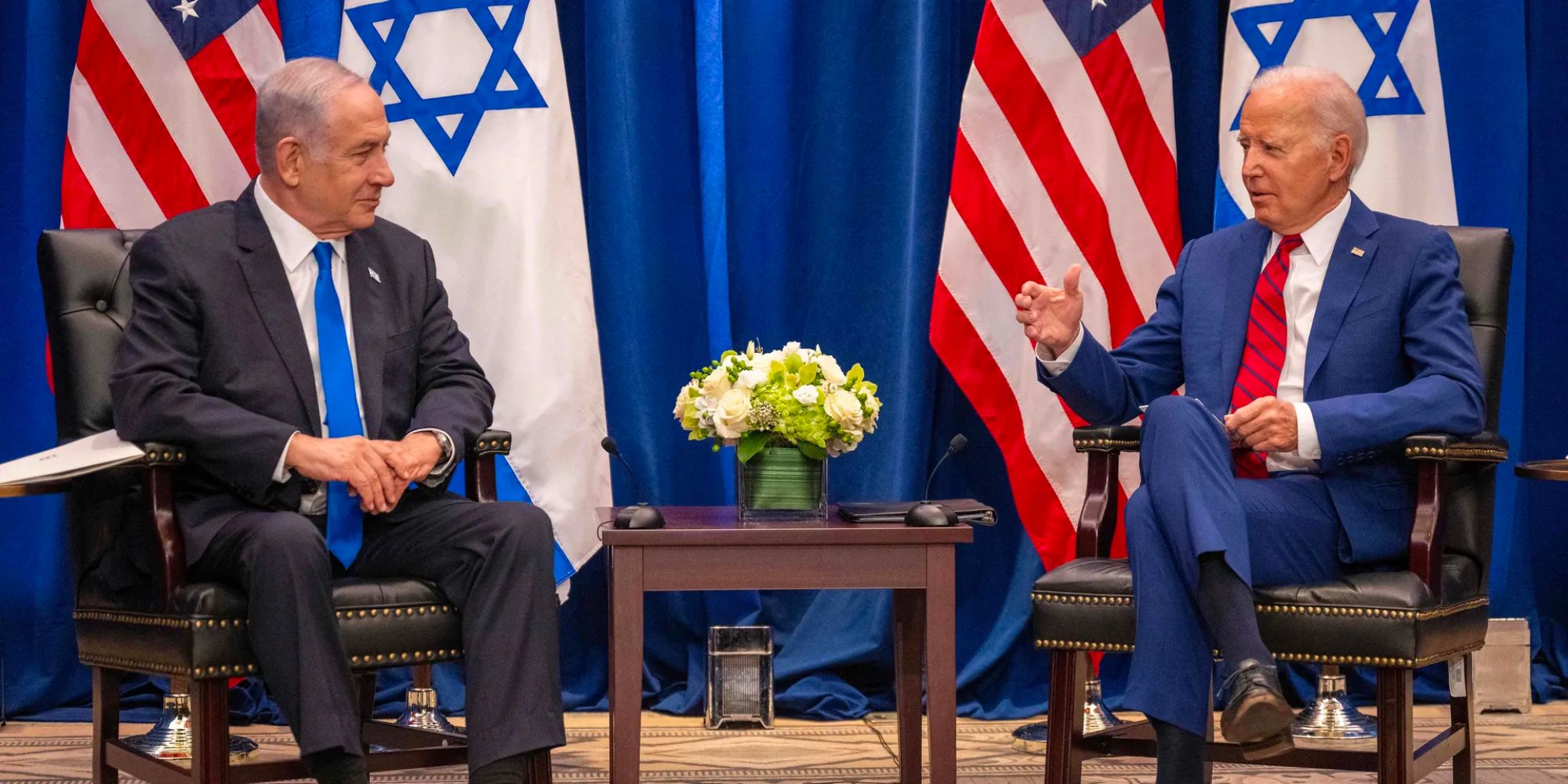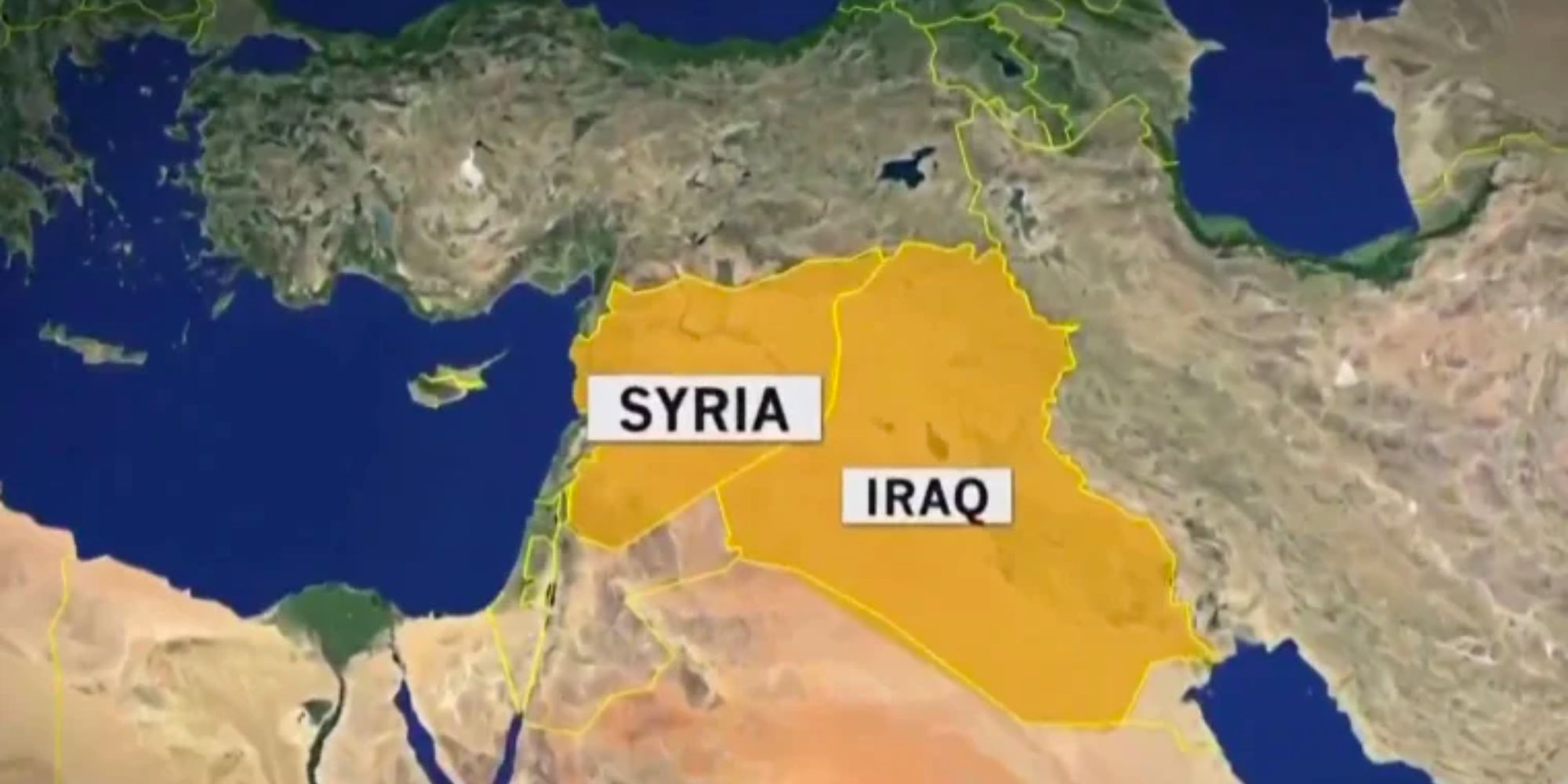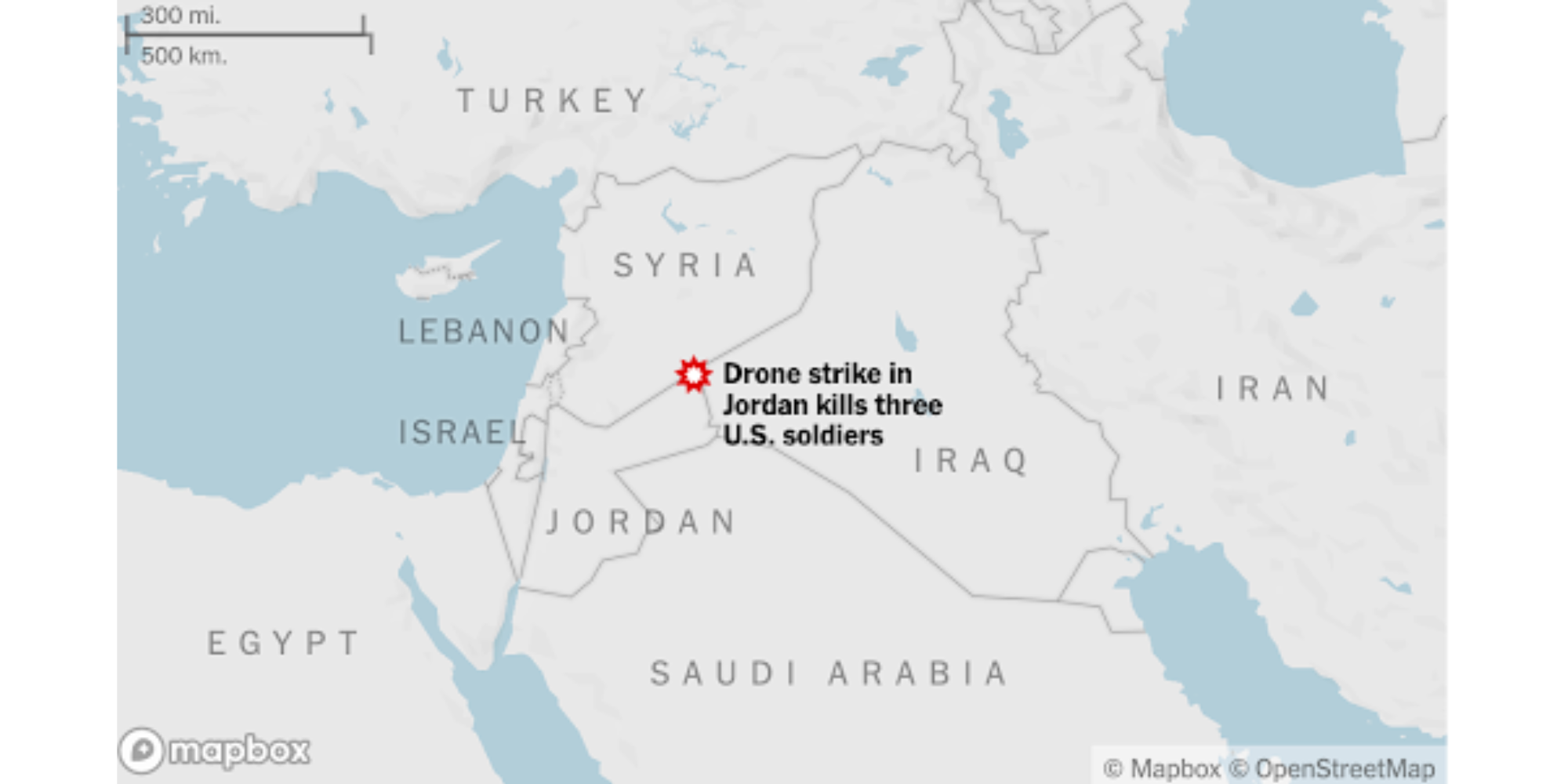current as of 10AM EST, 30OCT23
CRISIS ONGOING
The Israeli military expanded its ground campaign and advanced further into Gaza while the internet blackout in the Strip reduced capabilities to respond to emergencies and provide medical care. The delivery of humanitarian aid remained insufficient and thousands of civilians raided warehouses to gain access to essential supplies. Additional aid arrived at the Rafah crossing on Monday but deliveries were delayed by security checks at the border. Israel maintained its ban of fuel into the region, further hampering the capabilities of medical and humanitarian operations.
- Humanitarian Crisis: The humanitarian situation in Gaza continues to deteriorate. Emergency medical and humanitarian operations reduced the capability to respond to emergencies and coordinate aid following the near-total communications blackout, though services are beginning to be restored. Seventy-five aid trucks arrived at the Rafah crossing, however, the amount of aid remains insufficient to meet humanitarian needs. Thousands of Gaza residents broke into U.N. aid warehouses to gain access to food and basic hygiene supplies.
- U.S. Support: The U.S. military is sending additional air defense systems into the region due to Israel’s expanded operations and an uptick in attacks against U.S. interests in the Middle East. The U.S. House of Representatives is expected to vote this week on a stand-alone aid package for Israel. The details of the package were not specified, though the Biden administration initially proposed $14 billion in military aid for Israel.
- Military Operations: Israeli Defense Forces (IDF) expanded ground operations and air strikes continued to intensify. “Severe bombing” targeted underground and “terror infrastructure” and Israeli officials claimed to have killed at least four Hamas leaders in Gaza. Israeli forces also conducted air and ground operations in the West Bank that reportedly killed four and resulted in the arrest of 38 Hamas operatives.
- Israeli government officials pushed back on international calls for a cease-fire and indicated its operation will persist until Hamas is eliminated.
- Regional Relations: IDF moved additional military equipment to the Israel-Lebanon border area due to continued rocket fire from Hezbollah militants. Iran’s foreign minister warned if the fighting spreads into a regional conflict the U.S. “will not be spared from these fires.” The U.S. Embassy in Beirut urged all U.S. citizens to leave the country.
- Protests: Israel’s expanded military operations in Gaza prompted new protests from pro-Palestine and pro-Israel groups in locations across the globe. Large-scale protests called for a cease-fire and occurred in cities such as Islamabad, London, Casablanca, and New York. A large crowd stormed the Dagestan, Russia airport and surrounded a flight that arrived from Tel Aviv. The crowd forced the airport to shut down operations and clashes resulted in at least ten injuries.
CYBER IMPLICATIONS
Cyber attacks are continuing as state-sponsored hackers and those sympathetic to Hamas are working to make the conflict the next front of cyberwarfare, including attempting to spread their reach beyond Israel and the Middle East.
- Several groups are targeting media organizations associated with Israel. The Garnesia Team hacking group claimed to take down the Kol Israel News website, though the website is currently operational. The Malek Team, a collection of hacking groups, claimed to hack Dori Media Group and will reportedly leak the compromised information in the near-term.
- Hamas’ militant faction encouraged its supporters to use the Al-Qassam Media application to circumvent a Telegram ban on official Hamas channels. The application has limited availability across mobile operating systems but will likely limit the ability of analysts to collect information on the group’s communications.
- The bans from multiple social media sites will likely increase the group’s reliance on alternative encrypted chat platforms. The newly launched application could expand Hamas’ reach by attracting new interest from sympathizers who were not previously engaged.
RECOMMENDATIONS
We continue to urge anyone with business interests in Israel and the surrounding regions to exercise extreme caution while events remain fluid, and to consider postponing any upcoming travel. We also urge travelers worldwide to avoid all demonstrations and maintain awareness of their surroundings, particularly in areas with protest activity.
- Protests continue throughout the globe as the U.S. State Department (DoS) is urging citizens to remain vigilant and curb travel to several locations, including Lebanon and Iraq. DoS issued a worldwide travel advisory on October 20, noting U.S. citizens should remain alert in locations frequented by tourists due to “increased tensions in various locations around the world, the potential for terrorist attacks, demonstrations or violent actions against U.S. citizens and interests.”
- DoS raised its travel advisory for Lebanon to the most severe level, and are advising all U.S. citizens to leave the country while commercial flights are available. DoS officials also announced the ordered departure of nonessential American government employees and family members from Iraq, as U.S. officials reportedly fear Iraqi militias supported by Iran will attack the 2,500 U.S. troops stationed in the country and other American institutions.
- Travelers are most vulnerable in crowded areas, such as outdoor markets, tourist destinations, government buildings, and underground stations.
- In the event of a terrorist attack or no-notice event, we advise travelers to listen to emergency officials for instructions and report anything out of the ordinary.
- We continue to recommend delaying travel in and around Israel, Egypt, Lebanon, Saudi Arabia, Qatar, and other portions of the Gulf as nearby countries almost certainly will be drawn further into the unfolding conflict. Travel in and out of the region almost certainly will be significantly delayed or disrupted.
- Many international airlines, including U.S. carriers, have suspended travel to and from Israel. Cruise and yacht operators also announced they would adjust itineraries in the region and would not be making calls to ports near Israel.
- We urge all travelers to remain vigilant as they might be targeted by individuals with perceived grievances regarding the current situation. Anti-American, anti-Jewish, and anti-Muslim sentiment is rising due to the ongoing crisis.
- The FBI and Department of Homeland Security issued a warning of potential domestic lone actors attacks due to an increase in threats reported against Muslim, Jewish, and Arab communities.
- We encourage all businesses–particularly tech companies, those with oil interests, and others in other energy related sectors–to keep a watchful eye on the unfolding crisis. Oil prices could surge to above $100 a barrel if the Israel-Hamas crisis widens.
- We recommend companies based in Israel to continue taking steps to protect their businesses and employees. Corporations should consider evacuating staff from offices inside Israel or ask employees to work from home.
CONCENTRIC CAN HELP
If you or your business needs help in or around Israel, please reach out to Concentric’s experts for support. Concentric can provide:
- Emergency evacuation and secure transportation.
- Support from local and regional partners.
- Active monitoring and intelligence support, including tailored reports and briefings.
- Travel and risk assessments.
- Tailored security consulting.
- Executive protection agents.
- Cybersecurity and digital privacy protection.
If anyone is interested in a briefing with Concentric’s Chief Executive Officer Mike LeFever or a member of Concentric’s team on any of these topics, please do not hesitate to contact us.
Feature image source.






